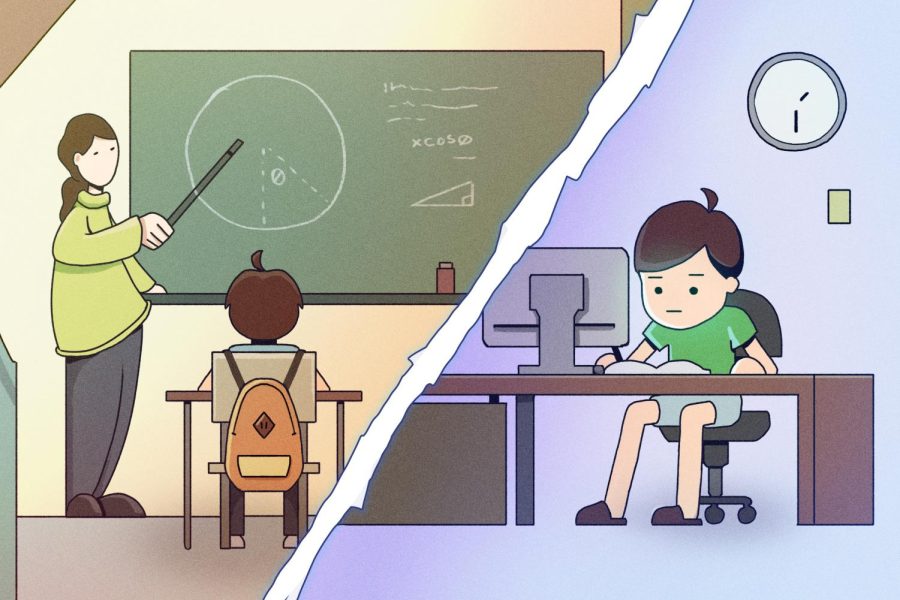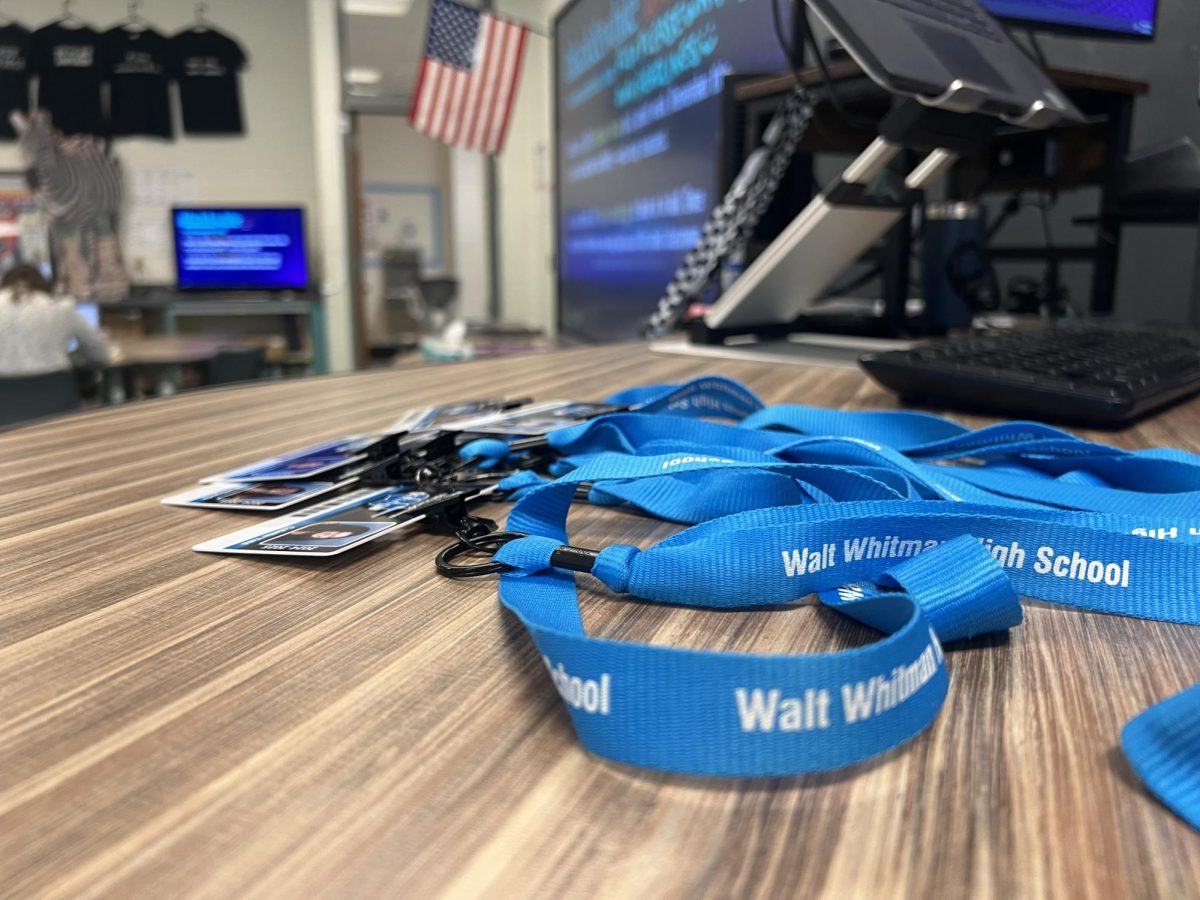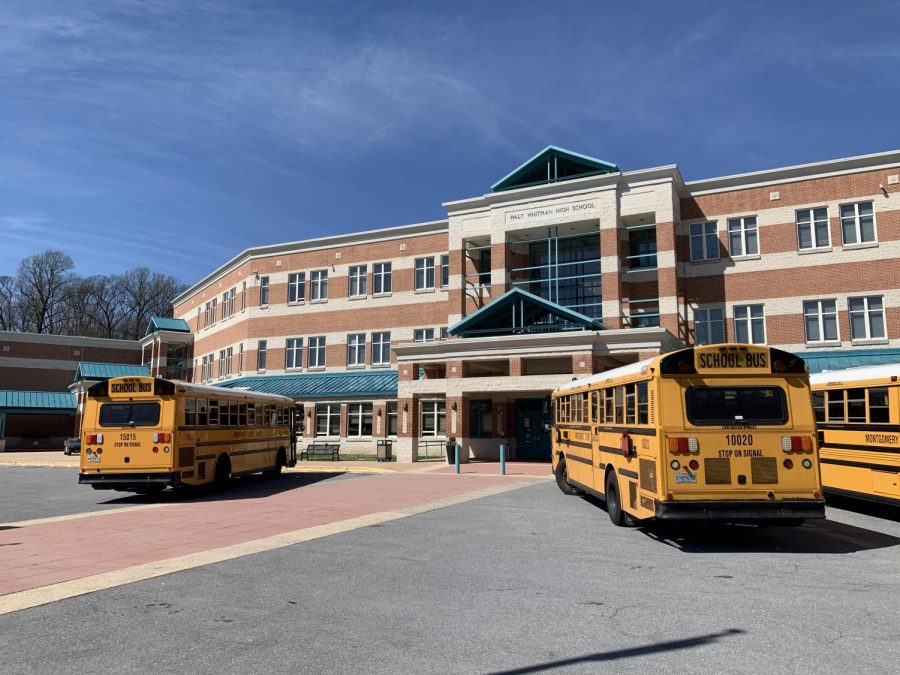
The Maryland state legislature passed the New Voices Maryland Act April 9, a law which will prohibit administrative censorship of school-sponsored media and affirm student journalists’ right to freedom of speech and of the press.
The bill was approved by the House of Representatives with a 129-8 vote and a 37-9 vote in the Senate but now requires Gov. Larry Hogan’s signature to be ratified.
Sen. Jamie Raskin introduced the bill to encourage substantial journalism education.
“It reduces the incentive for young people just to go up on the internet and engage in polemics and tirades against the school,” Raskin said. “Instead they are invited to learn the real skills of journalism.”
The legislation will prevent school administrators from censoring student publications before they’re published, a power known as prior restraint. It will also limit school officials’ ability to discipline student media advisors for publishing content administrators deem controversial.
“If we are going to have serious journalism in our state and national future, we need to train new generations of smart, curious and fearless student reporters,” Raskin said. “This is the way to do it.”
The bill’s protections do not extend to publications that are libelous, invasive of a subject’s privacy, contradictory to federal or state law, or considerably disruptive to school functions.
This final restriction stems from the 1969 Supreme Court case Tinker v. Des Moines, which expanded the First Amendment rights of students, stopping short of actions that would constitute “material and substantial disruption,” Student Press Law Center Executive Director Frank LoMonte explained.
“You could cover as a news event the fact that protesters were planning [a] walkout and I don’t think the school could stop you there because your coverage is not incitement,” LoMonte said, “but I suspect that a school would have valid legal grounds to prohibit speech that urges people to protest in a way that interferes with school business.”
Del. Marc Korman worked with Raskin to address some of the proposed amendments to the bill.
“There is no reason that student journalists should not have the same freedoms and protections as non-student journalists,” Korman said.
Unlike the 1988 Supreme Court case Hazelwood School District v. Kuhlmeier, which restricted the independence of school-supported publications, the new legislation will protect students even if publications are created within a class or receive financial support from the school.
Journalism students will no longer need to fear retaliation from administrative authority when reporting on school events, discussing broader political issues or communicating their opinions, Korman explained.
“This will allow a more vibrant discussion of issues at schools and also allow student journalists to learn more about real-world journalism and appropriate journalistic activities,” Korman said.
The bill must be signed by Gov. Larry Hogan within 30 days of its passage before it can take effect Oct. 1.









